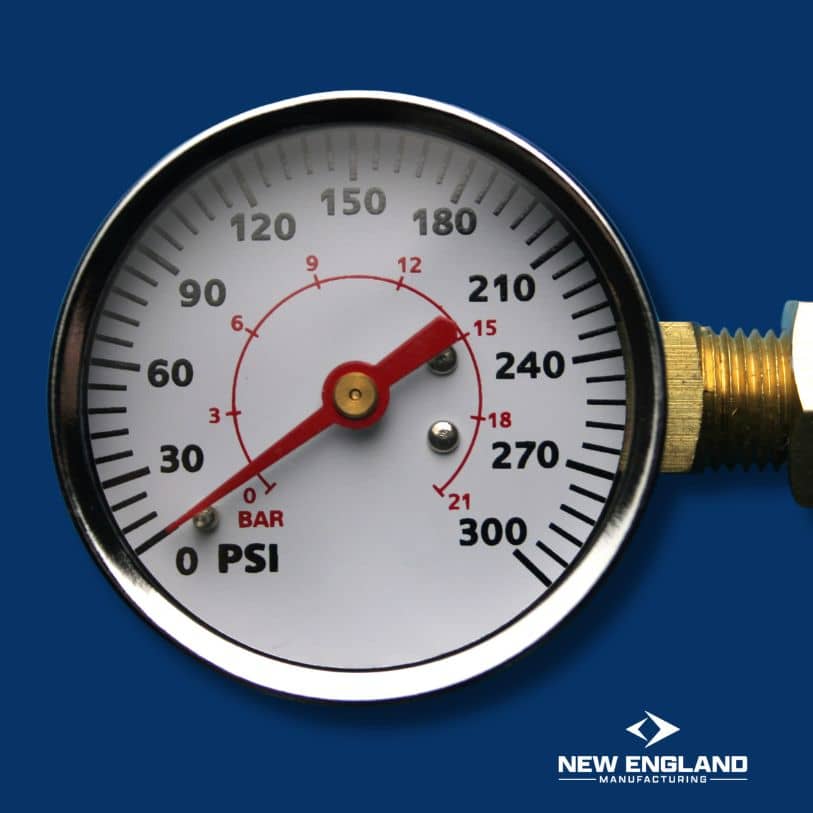Essential Tools for Water System Management
When it comes to maintaining and ensuring the efficiency of water distribution systems, precision and reliability are paramount. Municipalities, utility managers, and maintenance teams rely heavily on specialized tools to diagnose and optimize the performance of these systems. Among these tools, Water Flow Test Equipment plays a crucial role. This equipment helps in accurately assessing the flow rate and pressure within pipes, ensuring that water reaches consumers with adequate pressure and without waste. In this blog post, we’ll delve into why these tools are indispensable, how they work, and what makes them a must-have for anyone tasked with managing water distribution systems.
Understanding Water Flow Test Equipment
Water Flow Test Equipment includes a variety of devices, each designed to measure different aspects of water flow within a distribution system. Common types include flow meters, pressure gauges, and hydrant testers. These tools are not only used for regular maintenance checks but are also crucial during system installations and repairs. They help detect leaks, verify system integrity, and ensure that the network operates within its design parameters. By using these tools, technicians can gather data that is critical for effective water management and conservation strategies.
The Role of Water Flow Test Equipment in Preventive Maintenance
Preventive maintenance is critical to avoiding significant breakdowns and ensuring that water distribution systems remain functional over long periods. Water Flow Test Equipment is integral to these maintenance routines. Regular flow and pressure tests can help predict potential failures and address them before they escalate into more serious issues. For instance, a sudden drop in pressure might indicate a leak or blockage somewhere in the system. Identifying and rectifying such problems early on can save significant resources and prevent water service interruptions to consumers.
Water Flow Test Equipment in System Upgrades and Expansion
As cities grow and water needs evolve, water distribution systems often require upgrades or expansions. Water Flow Test Equipment is essential in these scenarios to ensure that the new sections of the network integrate seamlessly with the existing infrastructure. These tools allow engineers to assess the impact of additional connections and increased demand on water pressure and flow rates. Proper testing ensures that upgrades enhance system capacity without compromising the quality of service in other parts of the network.
Choosing the Right Water Flow Test Equipment
Selecting the appropriate Water Flow Test Equipment is crucial for obtaining reliable data and ensuring the efficiency of water distribution systems. Factors to consider include the type of system, the range of pressure and flow rates, and the specific testing requirements. For large municipal systems, more sophisticated and durable equipment might be necessary, while smaller private systems might require simpler devices. Consulting with experts and relying on proven manufacturers can guide you in choosing the right tools that will deliver accurate and consistent results.
Training and Safety Considerations with Water Flow Test Equipment
The effectiveness of Water Flow Test Equipment is significantly dependent on the skill and knowledge of the operator. Therefore, proper training is essential for personnel responsible for conducting flow tests. Understanding how to operate the equipment safely and interpret the data correctly ensures that the tests provide valuable insights into the system’s functioning. Additionally, adhering to safety guidelines is crucial to prevent accidents during testing, especially when dealing with high pressures and large volumes of water.
Enhancing Regulatory Compliance with Water Flow Test Equipment
Regulatory compliance is a significant aspect of managing water distribution systems, especially given the stringent standards set by environmental and public health agencies. Water Flow Test Equipment plays a crucial role in helping utility companies and municipalities adhere to these regulations. Regular testing ensures that the water supply not only meets the required safety standards but also adheres to efficiency benchmarks.
Conclusion
Water Flow Test Equipment is indispensable for modern water management practices. These tools provide the necessary data to maintain, upgrade, and expand water distribution systems efficiently and safely. Investing in high-quality equipment and training for personnel can lead to better-managed water resources and more reliable water supply services. As we continue to face the challenges of managing finite water resources in a changing environment, the role of such specialized equipment becomes even more critical. By ensuring that water flows efficiently and sustainably through our cities, we are not only saving water but also enhancing the quality of life for all residents. Understanding and utilizing these tools effectively is the key to successful water management in any community.
Read More:
Performance in Water Systems

Mark R.
With a strong foundation in industrial safety and fire protection systems, Mark R. specializes in creating clear, technical, and compliance-driven content. Writing for SafeTech Reports, he covers topics such as fire hydrant testing, PPE protocols, emergency procedures, and smart technology integration in safety systems. His work ensures that professionals stay informed on the latest regulations, best practices, and emerging trends in safety and infrastructure maintenance.
Get in touch
We usually respond within 24 hours
Need Reliable Water Flow Test Equipment?
For over 70 years, New England Manufacturing has been the trusted source for fire hydrant and water flow testing kits. From pitot gauge kits to custom test kits, we provide precision, durability, and expert calibration to meet your needs.
- Custom-built test kits
- High-quality pressure gauges
- Reliable calibration services


